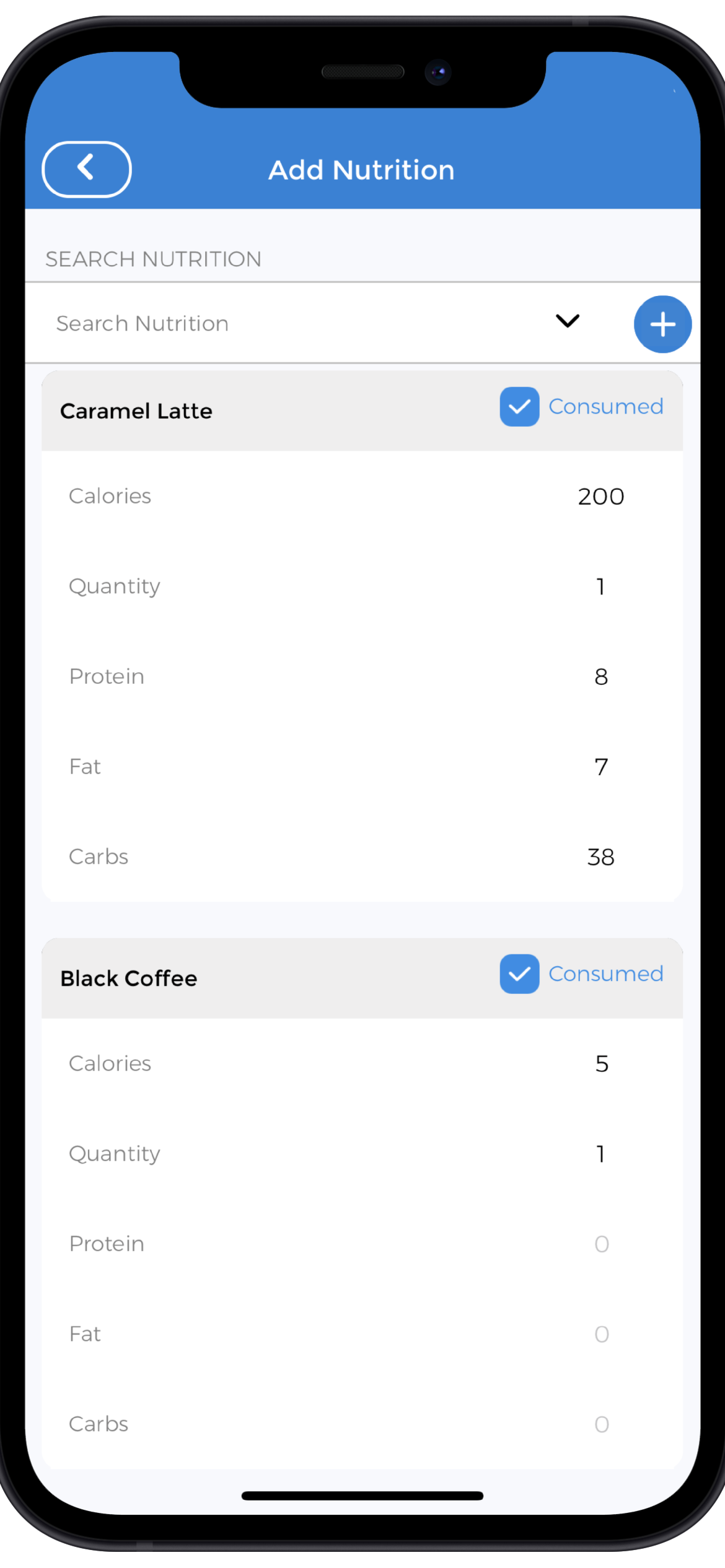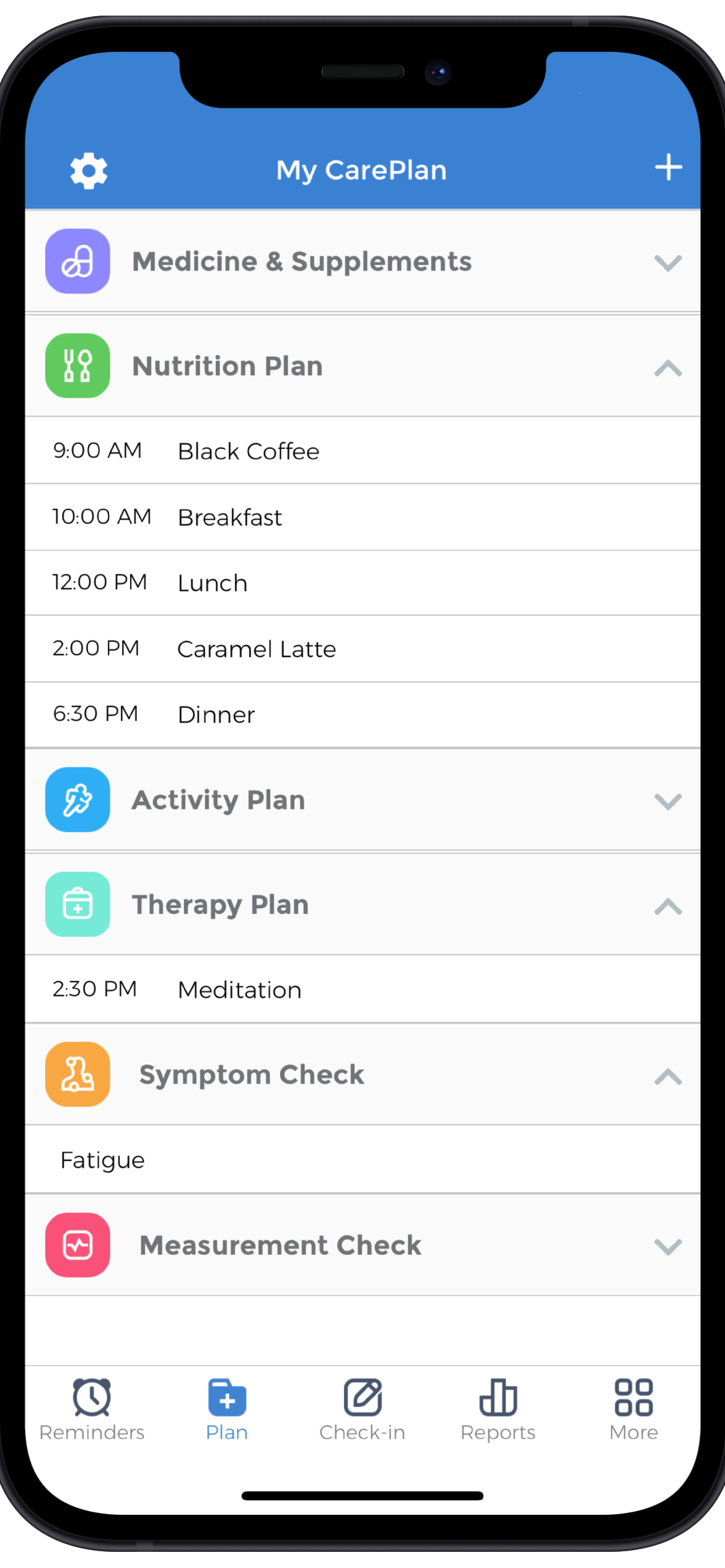
Black coffee’s benefits on weight loss is one the biggest reasons why it has become popular in recent health diets, such as intermittent fasting and the ketogenic diet. Black coffee has been around since the beginning of the 15th century and has cultivated many drinkers creating various drinks. Over 50% of American adults drink black coffee daily and have an average consumption of 3.4 cups per day per person. It makes you think if black coffee causes weight loss or if it is detrimental to one’s health. This article will help highlight the many health benefits you can gain from drinking coffee and some disadvantages when consumed in high amounts.
What’s Your Cup of Coffee?
Recent studies have shown that drinking coffee releases and interacts with multiple hormones and substances. The main ones we will be discussing within the article will be:
- Epinephrine
- Adenosine blocker
- Antioxidants
- Cortisol
What is Epinephrine?
One of the black coffee benefits for weight loss is through epinephrine. Epinephrine, commonly known as adrenaline, is responsible for our fight or flight response. When our body releases epinephrine, it is during high-stress situations. Epinephrine works by increasing blood flow to muscles, pupil dilation response, and blood sugar level. There has been a cross-correlation between adrenaline’s release and our metabolism rate. Increasing the level of adrenaline increases our metabolism rate, thus causing us to burn more fat and ultimately lose weight.
What is Adenosine?
Adenosine is a chemical found in all human cells that causes us to feel sleepy. When you drink coffee, the caffeine acts as an adenosine blocker in your brain, preventing further adenosine production. This block of output allows our brain to produce other neurotransmitters such as dopamine and norepinephrine. Dopamine is a well-known hormone that evokes feelings of pleasure.
The increases in the firing of different neurotransmitters enhance neurons’ firing in our brains, allowing us to think more clearly and artistically. These various neurotransmitters, when firing, increase memory function, specifically short-term memory. Some examples include remembering where you parked your car, what you had for lunch and a necessary piece of data.
What are Antioxidants?
The majority of the health benefits of coffee comes from antioxidants. Every time we drink a cup, we get a dose of antioxidants. Antioxidants are substances the inhibit or slow down the destruction of the cells in our body by free radicals and unstable molecules due to environmental and life stressors. When the body fails to remove free radicals, it leads to oxidative stress. Oxidative stress is linked to various diseases such as heart disease, Parkinson’s disease, arthritis, and cancer.
Recent studies have shown many of the benefits associated with drinking black coffee are also present when drinking decaf black coffee just at a lower rate. The presence of these benefits in decaf black coffee proposes that many of the immediate effects of coffee we experience are partly due to the antioxidants found in coffee, not just the caffeine.
The Benefits of Drinking Black Coffee
The antioxidants from regular black coffee consumption decrease the risk of various diseases such as diabetes, Parkinson’s, some cancers, heart disease, and liver disease (R). Coffee consumption improves long-term memory over a long period of time. Black coffee also benefits weight loss. Here is a list of the top benefits from drinking black coffee long term:
Black Coffee & Weight Loss
Caffeic acid and chlorogenic acid are the only two phenolic compounds in coffee. Recent studies have shown many dietary polyphenolic constituents derived from plants, such as coffee beans, are more effective antioxidants.
Chlorogenic acid has many beneficial effects on an individual’s health. Some of the most notable benefits include reducing blood pressure, weight loss, and lowering blood sugar levels. Chlorogenic acid primarily works by inhibiting alpha-glucosidase, an enzyme that breaks down carbohydrates. By inhibiting this enzyme, it reduces the uptake and storage of carbohydrates and glucose during digestion. This helps give more weight to black coffee’s benefits for weight loss.
Another mechanism through which we can see how black coffee provides benefits for weight loss is through caffeine. Although the mechanism is not completely understood, it is known that caffeine acts on the hunger hormone, acting as an appetite suppressant.
Prevents Type 2 Diabetes
Two minerals that are found while drinking black coffee are magnesium and chromium. These minerals are essential in preventing diabetes by regulating blood sugar in the human body. Furthermore, chlorogenic acid, an antioxidant, acts to prevent noninsulin-dependent diabetes mellitus (NIDDM). Chlorogenic acid works by increasing glucagon-like peptide 1, GLP-1, a hormone that increases blood insulin levels and lowers glucose (R). This ultimately also creates weight loss in the body and shows black coffee’s benefits for weight loss.
Prevents Aging
Although the jury is still up to date, many researchers say that coffee prevents aging. Antioxidants in black coffee prevent oxidation and thus prevent aging from being stimulated.
Prevents Dementia & Parkinson’s disease
The most common form of dementia is Alzheimer’s. Research has shown that drinking anywhere between 3 to 5 cups of coffee a day can decrease the possibility of developing the disease by 65% (R). This has been attributed to the many different kinds of antioxidants found coffee beans, which help prevent tissue damage.
Stimulating
Caffeine is a substance that gives a rush of energy and stimulates our whole body. It is also what gives black coffee its ability to improve academic performance. Coffee can help us with being more alert, observant, and focused.
The Side Effects of Drinking Black Coffee
If coffee is such a magical drink, why are there people who refuse to drink it and preach its determinant? Like anything in life, there are positives and negatives to drinking coffee. This section will highlight all the adverse side effects that can occur from overconsuming black coffee.
Heart Disease
Terpenoid, a compound found in coffee, is well known to harden your arteries. The hardening of one’s arteries can have many determinantal health consequences, such as blood vessels expanding or swelling, or narrowing or blocking off completely. All of these effects are negative and can trigger a heart attack.
Although it is clear that coffee causes high blood pressure, scientists and doctors are not sure how it does so (R). One theory is that caffeine blocks a hormone that prevents your arteries from narrowing. Another one suggests that caffeine stimulates your adrenal glands to produce more adrenaline, which would increase your blood pressure. Caffeine has a short-term effect on blood pressure, and it has a more substantial impact on people over 70 or who are overweight.
Essential oils known as terpenes can be found in coffee. These oils increase an individual’s cholesterol levels. One way to prevent these essential oils from going into your system is by making coffee with filters.
Heartburn
Our stomach produces acid regularly so that we can digest food. Drinking black coffee leads to more acid production, which can cause stomach problems and heartburn.
Osteoporosis
Caffeine from coffee decreases calcium absorption in your body by discharging it through urine. As a result, the bones become thin and fragile, causing osteoporosis. This disease affects 1/3 of women above the age of 50.
Dehydration
Water is essential to our body. It counts as half of our body weight and is vital to our survival. Coffee is a diuretic. Your body urinates more afterward. If you do not consume enough water with your coffee, you can become dehydrated.
Sleep
Caffeine stimulates your body, making you more aware, energetic, and attentive. This can be detrimental to you when you are trying to sleep. Therefore, stop drinking coffee after 2:00 pm as caffeine’s after-life effects can last up to six hours in the body.
Coffee Addiction
This should come as no surprise, especially since coffee has been classified as a drug. Although it is not highly addictive and perilous, it does create dependence due to the contained caffeine that stimulates the central nervous system.
Common Signs of a Caffeine Overdose
The most common symptoms of chronic stress when overdrinking we have all experienced at one time or another such as headaches, sweats, and even coffee jitters. So how much caffeine is in our coffee, and how much should we be drinking to get the rewards but prevent the negative side effects?
Coffee and Stress
When a person drinks black coffee, the caffeine within the drink puts the body under mild stress. It is frightening to hear your body being put under mild stress every time you drink coffee, in reality, it is a good mechanism. Our bodies are constantly put under mild stress through fasting and exercising. The state of mild stress forces our bodies to respond and, in turn, improves or creates more certain properties that deal with the stress. In the example of exercising causing stress, our body responds by creating more muscles.
On the other hand, overconsumption of coffee can lead to chronic stress. Chronic stress is detrimental to our health as it does not allow our body to recover after experiencing stress. This causes our body to be in a constant state of stress alternating the effects of certain hormones mentioned earlier on, such as adenosine, adrenaline, cortisol, and dopamine.
Coffee and Weight
Many experts have found increased cortisol levels when coffee is being over consumed. Cortisol is known as the stress hormone. Having a high level of cortisol has been well documented to have vast health problems. One main issue is it increases the individual cravings for fat and carbohydrate and can cause fat to be stored in the abdomen. It has also been shown that caffeine can impair one’s taste of sweets and increase the craving for more sugary sweets.
Coffee and Sleep
New research is emerging every day, and it is becoming very apparent just how important sleep is to our overall health. Not just your physical health but also your mental health. It was not long ago considered a key attribute of a successful businessman and showed how much of a hard worker you are by sleeping less. However, various research studies have shown that lack of sleep over a long period of time is one of the core reasons for health problems in the later years of life.
Repeated studies show that poor sleeping habits cause higher body weight and is one of the strongest risk factors for obesity. When a person sleeps more, they eat else, and vice versa if they sleep less, they eat more. One main reason is the disruption of appetite hormones. Less sleep disrupts the appetite hormones and causes poor appetite regulation. This includes having a higher level of ghrelin, the hormone responsible for appetite. Also, reduced levels of leptin, a hormone that suppresses appetite. Lack of sleep decreases the person’s ability to concentrate and be productive. Lastly, several research studies have linked lack of sleep to many health problems such as heart disease and strokes, type 2 diabetes, and even depression.
Consuming any amount of caffeine blocks adenosine, which results in us not feeling sleepy and feeling more energetic instead. We also do not feel the need to sleep. This is attributed to caffeine that can last in our bodies for up to six hours. Therefore, if we go to bed after recently having a coffee cup, our sleep will be impacted and, as such, our overall health.
Coffee and Dehydration
As mentioned earlier, coffee can cause dehydration. One way to prevent dehydration is by consuming coffee in regular amounts or mixing your coffee with milk. However, in recent years caffeine has become more important with individuals looking for the most effective way to make coffee that gives you the most caffeine. Increasing the caffeine amount in drinks can be done in various ways, such as; using different brewing methods and making sure the coffee ratio to water is greater.
 CareClinic App as a Caffeine Intake Tracker
CareClinic App as a Caffeine Intake Tracker
CareClinic is a one-stop health app, provides several useful features to help you maintain a health record. Create a Self-Care Action Plan and add medications, supplements, diet, physical activities, and therapies you receive. Set your healthcare team who manages your health and add your physician, RN, and family members.
Diary Entry
The diary entry feature lets you make entries about your daily life. Use the app’s diary entry feature as a part of the caffeine intake tracker to track your day-to-day symptoms you experience. It is useful to have an overall idea of how coffee intervenes in your daily life activities. To see if coffee, a mood enhancer, positively or negatively affects your mood.
Symptom Tracker
The symptom tracker functions as a part of the caffeine tracker and lets you add symptoms you are experiencing. You can track the symptoms to understand if they worsening or getting better as your treatment progresses. If you start tracking your symptoms before seeking medical attention, you can compare how well the therapy relieves you from symptoms after visiting the doctor’s office with the tracker.
Reports
CareClinic offers a great feature with the usage of Reports. It provides many perceptions into your lifestyle change. It considers your logs in the diary, nutrition, activities, sleep cycle, etc., and subsequently generates reports that show the association between those entries. As a caffeine tracker, this association would be helpful for treatment. You can then cross-compare days where you felt better with the ones you did not and see if your caffeine levels played a role in affecting your mood.
Nutrition
CareClinic offers a nutrition tracker, which helps you maintain your diet log. With a specific diet to improve your food habit, you can follow your diet accordingly to lead a healthy life. You can see how caffeine might be affecting your appetite and perhaps making you crave more sugary treats.
Activity
Use this feature to track any physical activity. Your activity tracker helps you identify any activities that worsen or relieves your symptoms. You can combine the activity feature with the diary entry, allowing you to see caffeine’s effect on your workout. You will be able to see if the amount of caffeine you are intaking is benefiting you or harming you in terms of your workout over a period of time.
Therapy
Keep a record of any therapies you follow to get rid any caffeine related symptoms you may be experiencing. The therapy feature of the CareClinic app is another part of the caffeine tracker.
Ultimately, there are many benefits and negatives to drinking black coffee. Many of them are beneficial to you and can improve your health and lifestyle. Research has also found that there are many black coffee benefits for weight loss and with the help of CareClinic you can track your journey.


